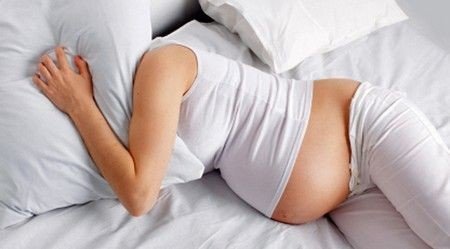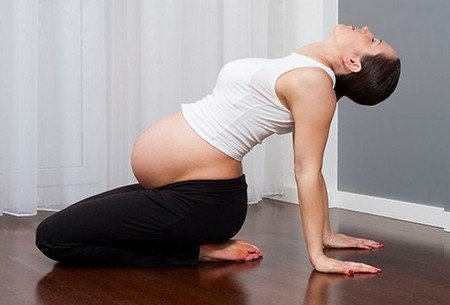Giving birth to a baby is a beautiful experience. However, the delivery of babies results in several physical and emotional changes. Here are some of the most common postpartum body problems and ways to deal with them:
1. Perineal Pain
Pain in the perineum (the region between the vagina and the rectum) is also common. You should consult the doctor to avoid serious complications. Using a soft cushion to sit on will help ease any discomfort.
2. Breast Engorgement
The breast milk increases anywhere from the second to the fifth day, post-baby. This will make you feel sensations in your breasts. In many cases, the breast will get full of milk. It might become very hard like a rock and painful. This stage is referred to as engorgement. You can avoid this by feeding your baby in shorter intervals. You may even express milk with a pump until demand-supply gets evened out. Using hot towels or ice packs can also help soothe engorged breasts.
3. Sore Nipples
Breastfeeding and constant milk supply will lead to soreness in the nipples. This is very common and usually gets resolved within a few days after delivery. Doctors may suggest you apply a nipple cream to soothe the area.
4. Uterus Infection
Sometimes, fragments of the placenta remain in the uterus. Some symptoms include increased heart rate, mild fever, uterus swelling, and even intense lower abdomen pain and uterine discharge. Doctors treat this with antibiotics.
5. Postpartum Depression
Mothers tend to feel overwhelmed with responsibilities and handling a little delicate thing. Anxiety, grief, and feelings of anger are signs of postpartum depression. Most common with first-time mothers, it is possible to get rid of it with the support of your partner, household help, and family members. Joining a support group or counseling sessions will also help.

6. Hair Loss
A reduced hormonal balance will result in hair loss. Don’t worry. This will reduce with time. All you need to do is have a protein-rich diet to keep your hair healthy.

7. Vaginal Discharge
After delivery, many women experience vaginal discharge (lochia) for a few weeks. This contains uterine blood and tissue. You should keep from strenuous physical exertions. Give ample rest to your body. Allow it to heal.
8. Vaginal bleeding
The bleeding will slow down towards the end of two weeks. After this period, the bleeding will get lighter and may continue up to 6 weeks. Make sure you change pads every four hours or earlier to avoid infection. Any recurrent heavy bleeding or clotting (with or without the foul smell) must be immediately reported to the doctor.
Above mentioned ways will help you to easily deal with postpartum body problems easily.
Related Post:





